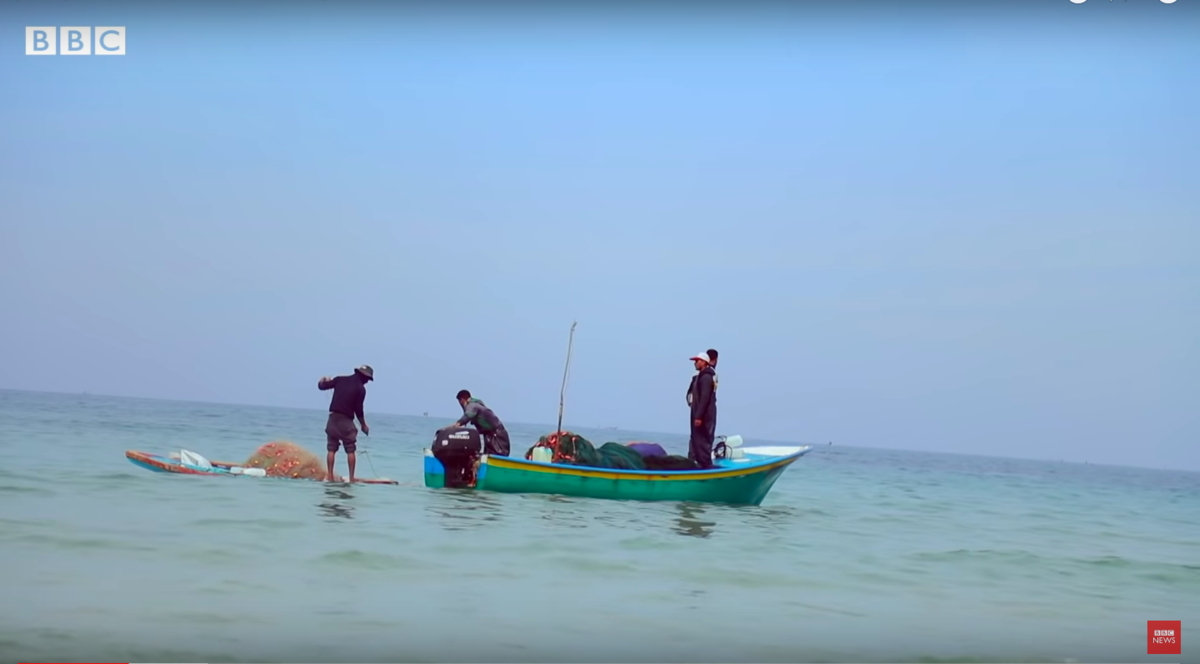How calligraphy became an integral part of Arab identity — and how it can remain so
AMMAN: In the spring of 2017, a group of fishermen in Gaza discovered treasure that could change their lives: A hoard of ancient Greek coins — over 2,000 years old — which included dozens of silver decadrachm coins from the time of Alexander the Great. Only 12 such coins had been officially recorded previously, and each is worth thousands of dollars (some, depending on their condition, are worth over $100,000).
A new documentary from the BBC — “Treasure Hunters,” available on YouTube — tells the story of the hoard’s discovery and what happened next. Abu Ahmed, one of those who discovered the coins on the seabed just off the coast of Blakhiya, Gaza, tells the filmmakers he sold 10 of the Alexander decadrachms to local dealers. He received a total of $150. “What can I say? I was happy,” he says.
“(The coins) are in the hands of people who don’t know what they are, why they are here, and what they represent for our country,” says Gaza-based archaeologist Fadel Alatol, to whom the fishermen brought a bag of coins to ask if he knew what they were. “It’s very painful.”
Before long, the coins were no longer in the possession of the fishermen. Most likely, they had been smuggled out of Gaza by the local dealers and sold on around the world. Officially, the find should have been declared to the Ministry of Tourism and Antiquities in Gaza, but the fishermen say they had no choice but to sell them. “Why should we be considered thieves?” one asks. “Our work, thank God, is honest. We are poor people. We want to live and eat and spend on our children.”

A new documentary from the BBC — “Treasure Hunters,” available on YouTube — tells the story of the hoard’s discovery and what happened next. (YouTube)
Months later, a number of Alexander decadrachm coins began to show up for sale at auction houses around the world. One sold for $130,000. No proof of origin (beyond, say, “Private Canadian collector”) was given for any of them (which is not illegal, but is “very unusual for extremely rare coins”) and many experts suspect they came from the Gaza hoard. But there is no way of proving it. Someone, somewhere, is making a lot of money from the find. But it isn’t the fishermen. And it isn’t Gaza.
“This was our only chance to get rich,” says Abu Ahmed. “But God didn’t approve it. We’ve woken up now.”